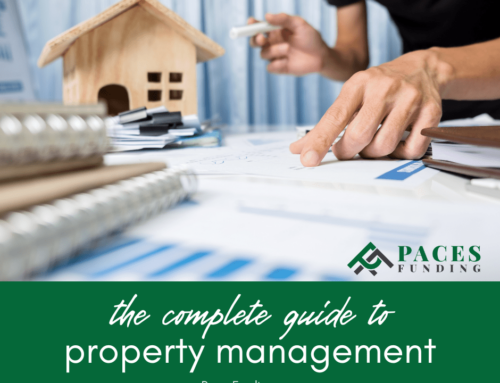
The Importance of a Realistic Budget for Fix and Flip Projects
Fix and flip projects can be lucrative ventures for real estate investors. However, they also come with a fair share of risks and challenges, and one of the most critical aspects of any fix and flip project is budgeting. A realistic budget is essential for the success of your project and can help ensure that you achieve your desired return on investment. In this guide, we will explore why a realistic budget is so important and provide tips for creating a budget that works for your fix and flip project.
Understanding the Importance of a Realistic Budget With a Fix-and-Flip Real Estate Project
A realistic budget is crucial to the success of any fix and flip project. Without a clear understanding of how much money you have to work with and what costs you can expect, you may end up overspending, overleveraging yourself, or even abandoning the project altogether. A well-planned budget can help you avoid these pitfalls and ensure that you stay on track throughout the renovation process.
Related: Are people moving to the South in record numbers?
Creating a Realistic Budget
Creating a realistic budget for a fix and flip project involves a series of steps. Here are some essential tips to help you create a budget that works for you.
#1. Evaluate the Property
Start by evaluating the property you plan to flip. Look for any structural issues or other problems that may require significant repairs or replacements. These will be your most significant expenses, and you’ll need to budget for them accordingly. You may want to hire a professional inspector to provide an estimate of the required repairs to help you build your budget.
#2. Plan Your Renovations
Once you have identified the necessary repairs, it’s time to start planning the renovations. You’ll want to prioritize the most critical areas that need to be repaired or updated and create a detailed list of materials and labor required for each. Consider all the necessary permits, design elements, and landscaping in your budget.
#3. Set a Realistic Timeline
A realistic timeline is an essential component of a realistic budget. Consider how long it will take to complete each task on your renovation list and factor in any delays that may occur. A longer timeline may result in increased carrying costs such as utilities, property taxes, and insurance.
Related: 7 tips to help you sell a flip fast
#4. Consider Your Financing Options
As you create your budget, you’ll need to consider how you plan to finance your fix and flip project. Hard money loans or private lending are typically used for these types of projects. These types of loans usually come with higher interest rates and shorter repayment terms, so you’ll want to make sure you can afford the payments while still having enough money to cover your other expenses.
#5. Leave Room for Unexpected Expenses
No matter how well you plan, unexpected expenses can still pop up. Whether it’s an unexpected repair or an increase in material costs, you’ll want to have some cushion in your budget to cover these costs. As a rule of thumb, you should add at least 10-20% to your total budget for unexpected expenses.
#6. Review and Revise Your Budget
Once you have created your budget, it’s essential to review it regularly and make any necessary revisions. As you go through the renovation process, you may find that some costs are higher or lower than anticipated, and you may need to adjust your budget to stay on track.
Related: The three financing options every new investor should understand
A realistic budget is a crucial component of any successful fix and flip project. By taking the time to evaluate the property, plan your renovations, set a realistic timeline, consider your financing options, leave room for unexpected expenses, and review and revise your budget regularly, you can increase your chances of success and achieve your desired return on investment.
In summary, a realistic budget is essential for any fix and flip project. By considering all necessary costs, setting a realistic timeline, leaving room for unexpected expenses, and reviewing and revising as needed, you can avoid many of the common pitfalls that lead to cost overruns and project delays. Remember to do your due diligence when estimating costs, including obtaining accurate quotes from contractors and researching material prices, and always keep the end goal in mind.
Do You Need a Hard Money Loan?
Paces Funding is the top hard money lender in Georgia, North Carolina, South Carolina and Tennessee. Apply for a hard money loan here or click through our site to find out how we can help you now!














